Exploring the Future of Sustainability and Innovation in Pulp Industries
In recent years, the pulp industries have faced increasing pressure to evolve sustainably, driven by a combination of environmental concerns, regulatory changes, and shifting consumer preferences towards eco-friendly products. As we explore the future of these industries, it becomes crucial to understand the integration of innovative practices and technologies that can enhance sustainability efforts. This guide will provide valuable insights and practical tips on how pulp manufacturers can adopt digital solutions, optimize resource management, and engage in circular economy practices.
By embracing innovation and sustainability, the pulp industries can not only reduce their ecological footprint but also position themselves competitively in a marketplace that increasingly values environmental responsibility. This exploration aims to illuminate the path forward, offering a roadmap for stakeholders striving to harmonize profitability with planet-friendly operations.

How to Embrace Eco-Friendly Practices in Pulp Production
The pulp and paper industry is at a pivotal moment where embracing eco-friendly practices is not just a necessity but also an opportunity for innovation and profit. As global awareness about deforestation and environmental degradation rises, companies are finding that sustainable production methods can drive both compliance and competitive advantage. Utilizing alternative resources such as unused roadside and natural grasses for paper production showcases the industry's capacity to innovate while minimizing environmental impact.
**Tips for Embracing Eco-Friendly Practices:**
1. **Evaluate Raw Material Sources:** Consider sourcing fibers from responsibly managed forests or alternative crops to reduce reliance on traditional timber.
2. **Innovate in Packaging Solutions:** Explore the use of biodegradable and recyclable materials to enhance product sustainability while meeting consumer demand for eco-friendly options.
The market for paper packaging is projected to expand significantly, propelled by the need for sustainable solutions in e-commerce and beyond. Businesses that invest in sustainable practices stand to benefit not just environmentally but also financially, positioning themselves favorably in an evolving market landscape.
Future of Sustainability in Pulp Industries
How to Leverage Technological Innovations for Sustainable Processes
The pulp industry is at a pivotal moment where technological innovations can significantly enhance sustainability practices. By integrating advanced technologies, such as artificial intelligence and machine learning, pulp manufacturers can optimize their resource management. This includes more efficient use of water, energy, and raw materials, which not only reduces waste but also lowers production costs. Implementing predictive analytics can help forecast consumer demand more accurately, enabling producers to better align their operations with sustainable practices.
Moreover, the utilization of biotechnological advancements offers an exciting avenue for the exploration of eco-friendly processes. Enzymatic treatments can replace harsh chemicals traditionally used in pulping, thereby decreasing environmental impact. These innovations not only improve the quality of the final product but also contribute to a circular economy by encouraging recycling and recovery of materials. By embracing these technological advancements, the pulp industry can lead the charge toward a more sustainable future, balancing economic viability with environmental stewardship.
Exploring the Future of Sustainability and Innovation in Pulp Industries
| Innovation Type | Description | Sustainability Impact | Implementation Year |
|---|---|---|---|
| Biodegradable Packaging | Development of packaging materials that decompose naturally. | Reduction of plastic waste and lower carbon footprint. | 2022 |
| Waste Recovery Systems | Processes that convert pulp waste into bioenergy. | Minimization of waste and a sustainable energy source. | 2023 |
| Water-efficient Technologies | Innovations aimed at reducing water consumption in pulp processing. | Significant decrease in water usage and pollution. | 2021 |
| Smart Sensors | IoT devices that monitor and optimize production processes. | Higher efficiency and reduced resource usage. | 2024 |
| Eco-friendly Additives | Use of natural substances to replace harmful chemicals. | Decrease in toxic emissions and better product safety. | 2023 |
How to Enhance Circular Economy Principles in Pulp Industries
The pulp industry plays a crucial role in supporting a sustainable future, particularly through the implementation of circular economy principles. By emphasizing resource efficiency and waste reduction, pulp manufacturers can transform traditional linear production models into closed-loop systems. This involves rethinking processes to ensure that materials are reused, recycled, or repurposed, thereby minimizing environmental impact and conserving resources.
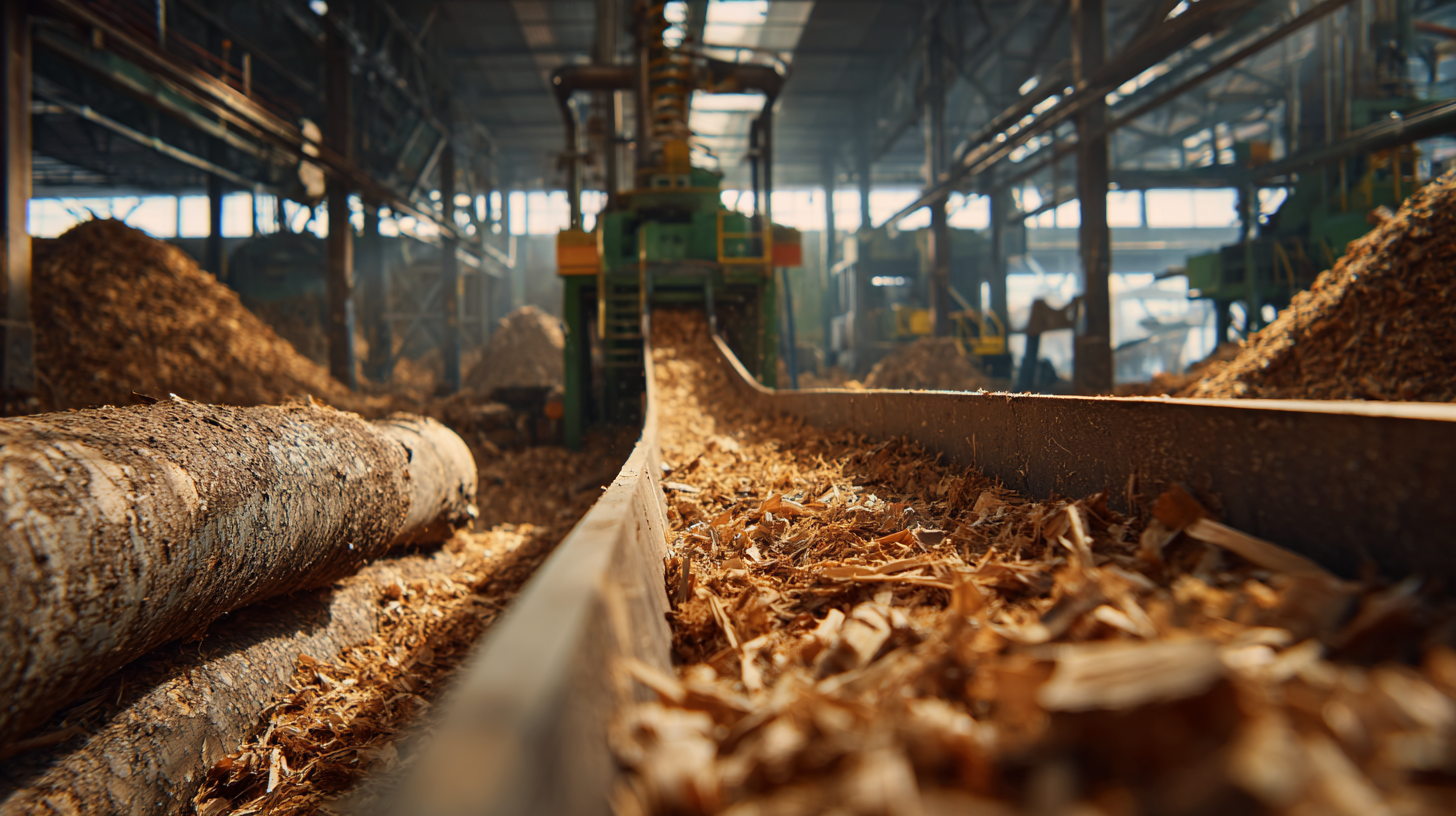
Implementing circular economy strategies requires collaboration across various sectors, from raw material suppliers to consumers. For instance, utilizing waste biomass from pulp production as a source of energy or raw materials for other industries can lead to a significant reduction in waste. Additionally, promoting consumer awareness about the benefits of using sustainably sourced paper products can drive demand for eco-friendly practices within the industry. By fostering innovation and investing in sustainable technologies, the pulp industry can not only enhance its environmental performance but also contribute to economic resilience in a rapidly changing market landscape.
How to Improve Resource Efficiency and Reduce Waste in Pulp Operations
The pulp industry stands at a pivotal juncture where resource efficiency and waste reduction are not only environmentally essential but economically beneficial. By adopting innovative technologies and processes, pulp operations can significantly enhance their sustainability. One approach involves the use of advanced chemical processes that minimize the consumption of water and energy during pulp production. For instance, the implementation of closed-loop systems allows for water recycling, thereby reducing overall water usage and lowering operational costs.
Moreover, integrating digital technologies such as IoT and AI can optimize supply chain management and operational workflows. Real-time monitoring of resources and waste streams can help identify inefficiencies, enabling prompt adjustments that conserve materials and energy. In addition, exploring alternative fibers and raw materials, including agricultural residues and recycled paper, can diminish reliance on traditional wood sources, leading to less deforestation and habitat disruption. These innovative strategies not only contribute to the circular economy but also position the pulp industry as a leader in sustainable practices.
How to Foster Collaboration for Sustainable Development in the Pulp Sector
The pulp and paper industry is witnessing a transformative shift towards sustainability, driven by innovation and collaboration. As consumer demand for eco-friendly products grows, companies in this sector are increasingly adopting sustainable practices and technologies. Reports indicate that the global pulp molding machine market is expanding rapidly, projected to reach USD X billion by 2026, with a significant CAGR of X% from 2022 to 2026. This growth is largely attributed to the rising popularity of paper products as alternative packaging materials, which align with environmentally responsible practices.
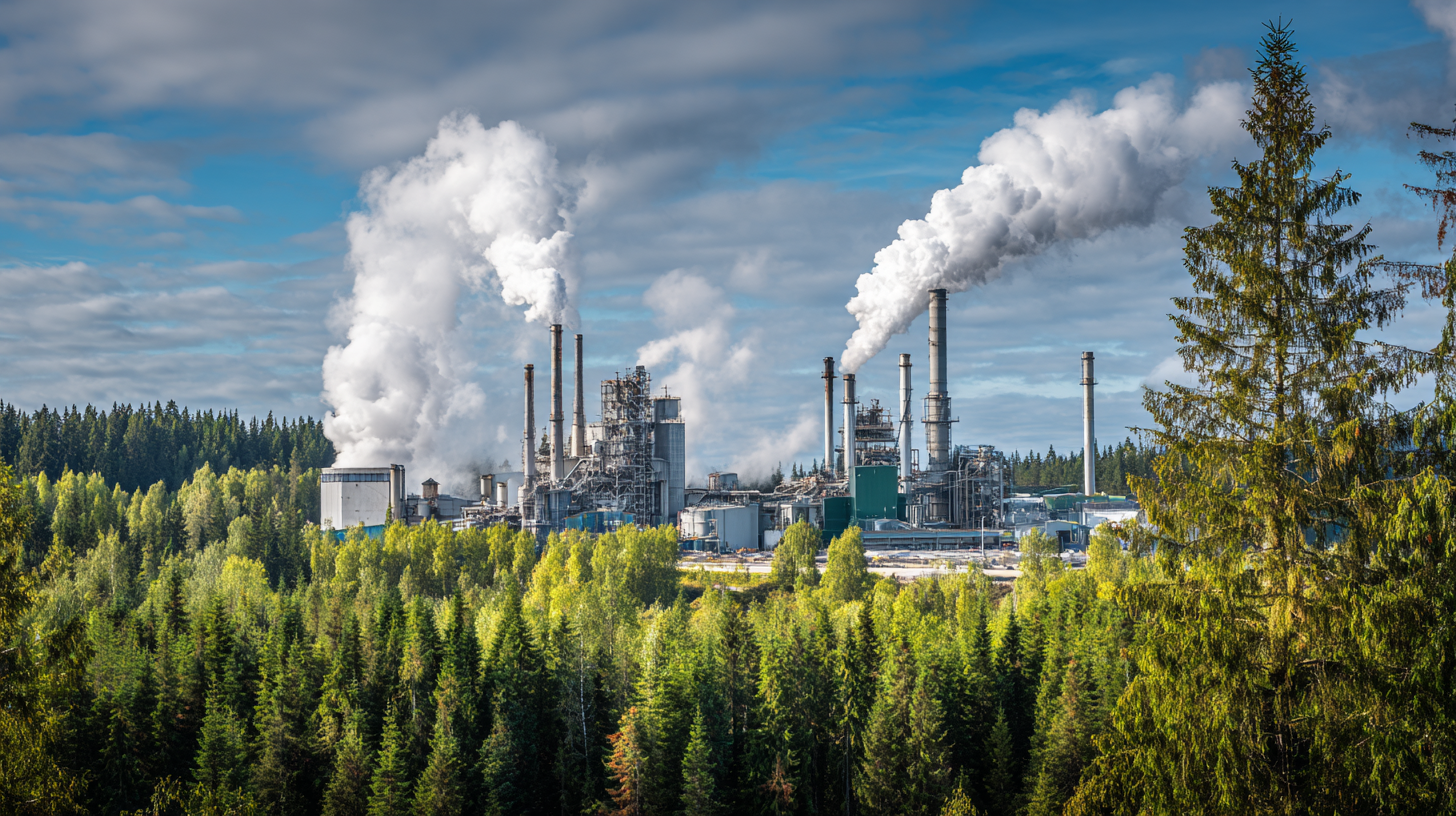
Fostering collaboration among stakeholders is essential for achieving sustainable development in the pulp sector. The industry is seeing innovations in machine types, such as refining machines and bleaching equipment, which enhance production efficiency while minimizing environmental impact. Additionally, by engaging in partnerships with suppliers and technology providers, manufacturers can share best practices and develop cleaner production processes. It is crucial for industry players to leverage these collaborations to optimize resource use and reduce waste, further propelling the industry's shift toward sustainable solutions.
Related Posts
-

Emerging Trends in Best Pulp Industries to Watch for Global Buyers in 2025
-
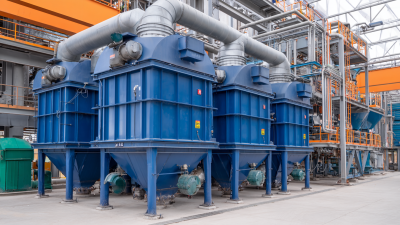
7 Reasons Why Bag Filter Systems are Essential for Reducing Industrial Emissions
-
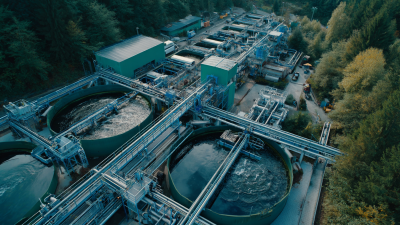
What is the Future of Filter Technology in Environmental Sustainability
-
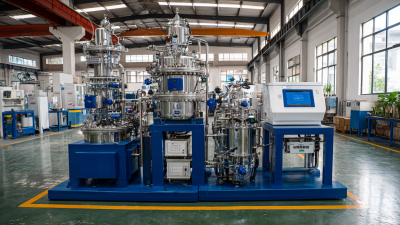
Unwavering Quality from Trusted Chinese Manufacturers Featuring the Best Vacuum Filtration Systems
-

Innovative Examples of Ultra Pure Water Purification Systems Transforming Industrial Standards
-

Emerging Trends in Molded Pulp Solutions at the 138th Canton Fair 2025